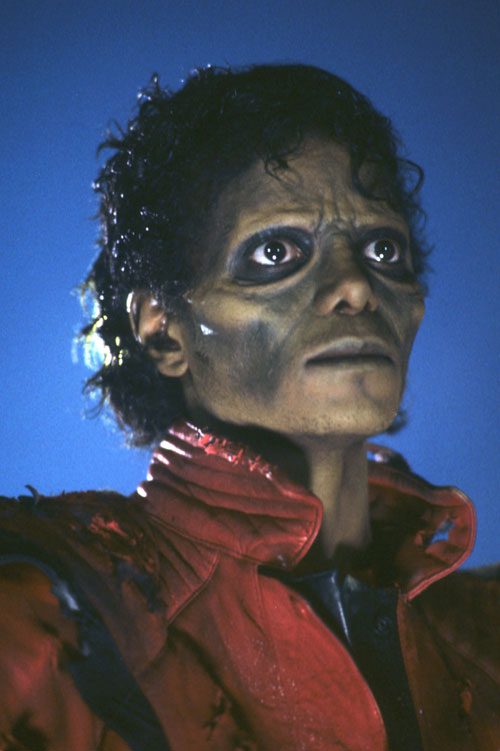Lost Boy
By:
June 30, 2009

AMIDST THE CYCLE of encomiums spurred by Michael Jackson’s death last week, his weirdness has been treated as an unfortunate epiphenomenon and distraction from his greatness. But the weird — a thoroughgoing weird without stint or scruple — was essential to MJ’s work, and whatever we term his greatness can’t be understood without acknowledging this.

Casting about for a useful analysis of Jackson’s fey glamor, we were pointed towards a penetrating, prescient essay by James Parker in the Boston Globe. Parker was writing in 2004, when Jackson’s child molestation trial coincided with the centennial of J. M. Barrie’s Peter Pan. “Michael and Peter go way back,” Parker observed. “In his weirdness and calculation the King of Pop may have reached deeper inside the myth than anyone else would care to.”
Parker’s essay reveals the essentially infernal nature of MJ’s lure, a magic stranger even than the Pan’s expiatingly feral freedom. For Jackson was as profoundly, illimitably uncanny as a Greek god or one of the death spirits the Japanese call Shinigami. His voice was a vortex of keening ecstasy; his dancing was palsied, but magically; his wonted innocence was pixillated, elfin. The iterations of his persona revealed themselves as so many nested dolls of abominated brilliance.

And yet he won the adulation of millions — less a case of mass delusion than a revelation of the power of the uncanny. “His rise was phenomenal, unbelievable,” Parker observes; and he concludes with startling foresight: “Guilty or not, his fall will be Luciferian.”
